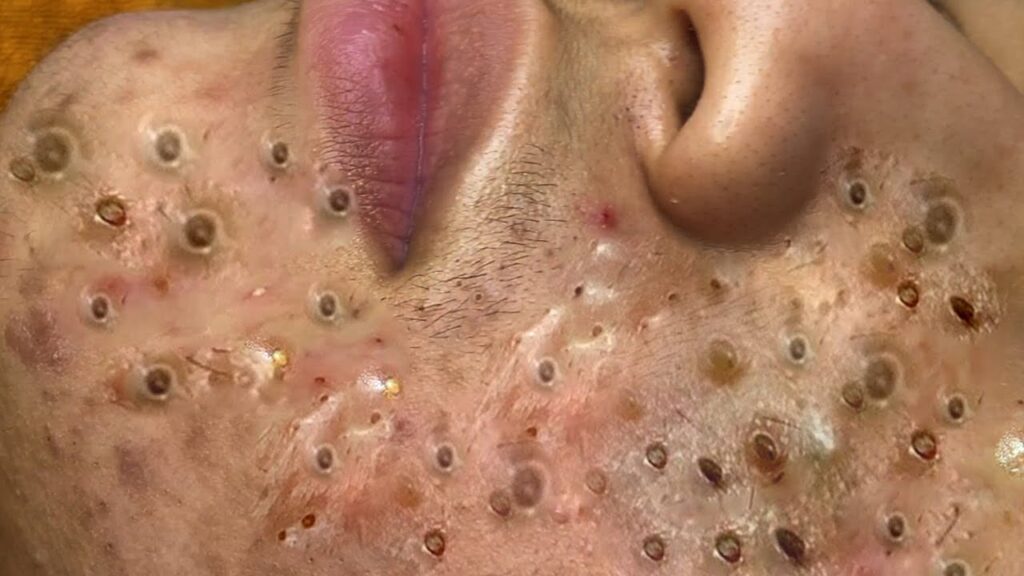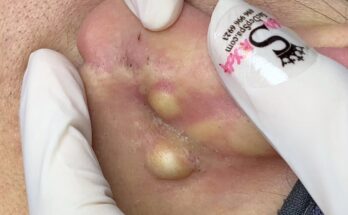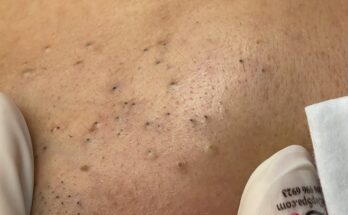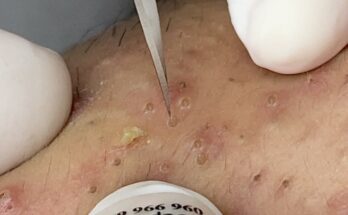
When it comes to fighting blackheads, both clay and charcoal masks are popular choices, but they work in slightly different ways. Understanding these differences can help you choose the best option for your specific skin type and concerns.
Clay Masks
Clay masks, such as those made with kaolin or bentonite clay, are primarily focused on absorption and detoxification. They work by drawing out excess oil, dirt, and other impurities from the surface of your skin. The clay has a negative electrical charge, which acts like a magnet to attract positively charged particles (like toxins and dirt) from your pores.
- Best for: Oily, acne-prone, and sensitive skin. Clay masks are generally gentler and can be less stripping than charcoal masks. They’re excellent for controlling shine and preventing blackheads from forming in the first place by keeping pores clean and absorbing excess sebum.
- How they work on blackheads: While they can’t physically pull out existing blackheads, they effectively clean out the “gunk” that clogs pores. By regularly using a clay mask, you’re preventing the buildup that leads to blackhead formation.
Charcoal Masks
Charcoal masks, specifically those containing activated charcoal, are known for their powerful ability to adsorb toxins and impurities. Activated charcoal is a highly porous substance that acts like a sponge, trapping dirt and oil. Many popular charcoal masks are peel-off varieties, which can physically lift away impurities, dead skin cells, and even sebaceous filaments when removed.
- Best for: Extremely oily or congested skin that needs a deep cleanse. The powerful adsorptive properties of charcoal make it a good choice for tackling stubborn blackheads and a very oily T-zone.
- How they work on blackheads: Activated charcoal is highly effective at attracting and trapping oil and impurities. When used in a peel-off mask, it can visibly pull out some of the surface-level contents of blackheads. However, these can be very harsh and may cause irritation, especially for sensitive skin.
The Verdict
For blackhead prevention and a gentler, more balanced approach, a clay mask is often the better choice. It helps to control oil production and keep pores clear without overly stripping the skin. For those with very oily, resilient skin who are looking for a powerful, deep-cleansing effect and want to see immediate results, a charcoal peel-off mask might be appealing, but it’s important to be cautious and not overuse it to avoid irritation. Many products combine both clay and charcoal to offer a balanced approach to deep cleansing.


